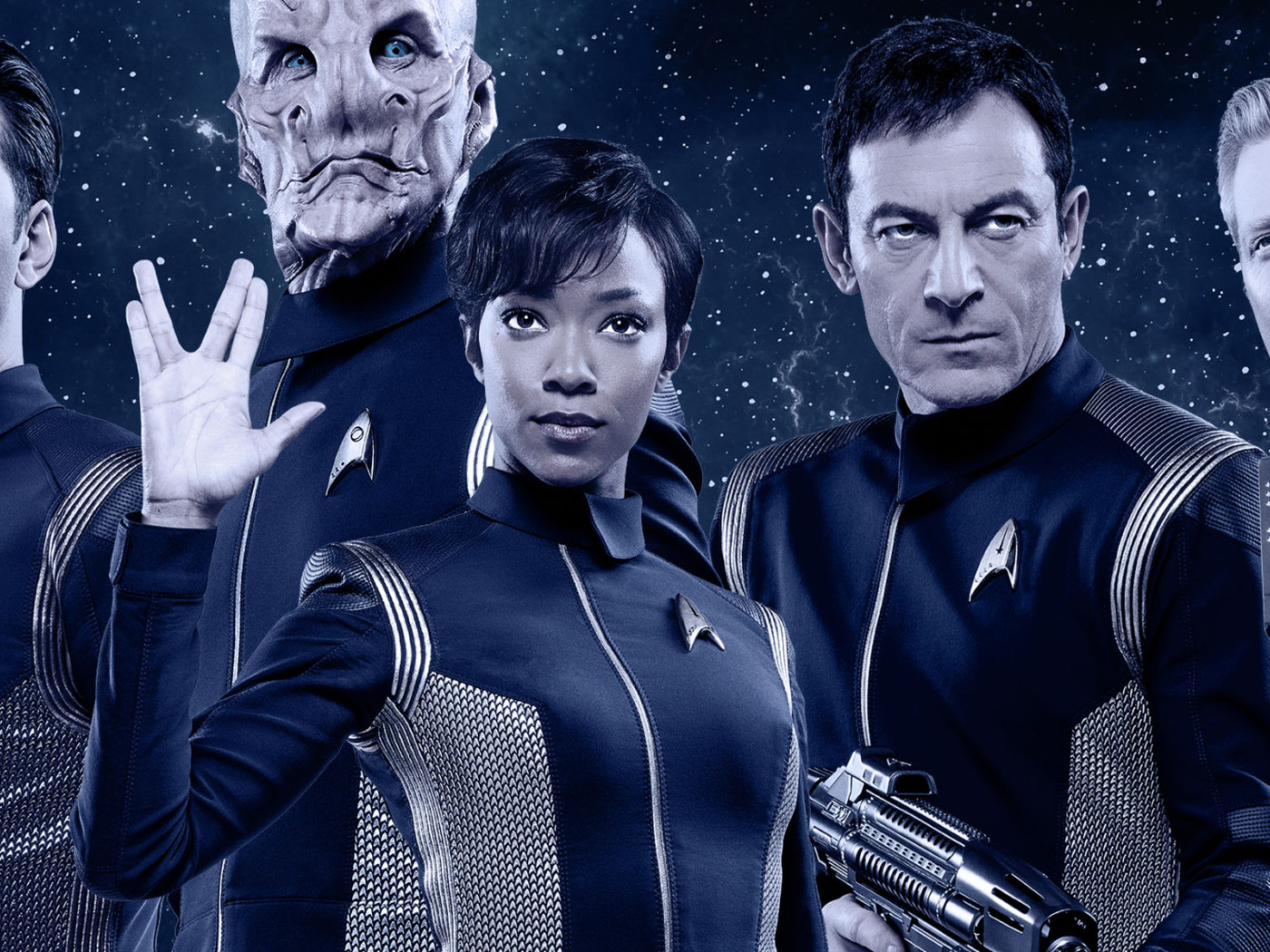I haven’t played Star Trek Tabletop RPG since 2005, and I haven’t played Tabletop RPG until 2012, but I fell in love with the franchise. British publisher Modiphius released its first adventure role last June – a game in the series that lets enterprising gamers bring their own futuristic journeys to life.
With 741 episodes and 13 movies, it wasn’t time to make one of my own, but with the release of Star Trek Tabletop RPG last June, I’m back in the game.
For those of you who are unfamiliar, Star Trek Adventures is similar to other tabletop role-playing games – games I’ve played in the past, such as Star Wars: The Old Republic and other adventures – themed adventures from the original series (TOS). The missions you play take place in episodes divided into Acts, Scenes and Encounters, and they can be easily adapted to any campaign that takes place over the years.
The scriptwriters developed a premise that could be persuasive without knowing almost anything about the personal crew, and the published role-playing scenarios require a vital adaptation by the GM, as they are written to know who the player characters are in each case in which you play, making the story personal for them. As with the TV series, the characters who are expected to return become extremely narrative driven, making Star Trek Adventures. If a character’s death is possible, your character has the ability to keep his or her beloved character alive, even when things are going badly.
The Star Trek Adventures RPG has a great mechanism called “Values” to identify dramatic and thematic facets of the characters.
Although this is the default setting of the game, you can also play Star Trek Adventures as a program from another era. Although I personally prefer the original series on TV, I think this was a smart move by Modiphius. Often the needs of many outweigh the needs of a few, and although I am not a fan of the “Star Trek” television series, it is often the only source of information available to me on this subject.
The back story and the political situations are much more embedded in people’s imaginations and have a coherence and consistency that the original series can sometimes lack. The tone of the new “Star Trek” is also easier to create in role-playing than the originals. I have to say that Star Trek Adventures is the best of all three Trek RPGs I’ve played, both in terms of story and gameplay.
The basic set of rules had a lot of depth and depth, as well as a good portion of flexibility in terms of character development.
The central set of rules of Star Trek Adventures is the kind of background information that most people who want to play a “Star Trek” role-playing game will already know. The Modiphius website explains that it covers all major Starfleet timelines, but the book does not cover the story, although it would have been more helpful. Unlike most “RPG core” rulebooks, which start with mechanical information and later discuss teachings.
The designers seem to regularly ask fans for their opinion on various aspects of the game. There is a lot more on the Modiphius website and in the forums of Star Trek Adventures.
If you want to influence the future of Star Trek Adventures, you can sign up for a free public game review and participate a few weeks before the game’s release. If you play a role-playing game, you will learn something from the book, but you will need the core rules of Star Starfleet Adventures to get the most out of your adventures. Strange New Worlds Mission Compendium is a great investment if you have already played Star Spock Adventures and would like to get it.
A great story goes beyond a certain set of rules and is just good, but it is also a great game in itself.
Normally this is the part of the review where I would talk about the concept of role playing games, but for Star Trek games this concept is quite well known. This is because I have been enjoying an ongoing Star Starfleet role-playing game since last year. I will skip the parts of Star Spock Adventures that I covered in Part 1 of this review and then follow up with a review of another role-playing game that I am currently playing, Star Wars: The Old Republic.
In a nod to the elements of the original game, there is a career system for the main characters, as well as a number of other aspects of gameplay.
Role-playing games are licensed and have great influence on the direction of the property, but there are still many holes to fill. The role-playing game has one thing in common with the original Star Trek: The original series, the FASA role-playing game used for the animated series. It would be the first time that a role-playing game – the game with a real-time strategy component – takes place in a fictional universe.

